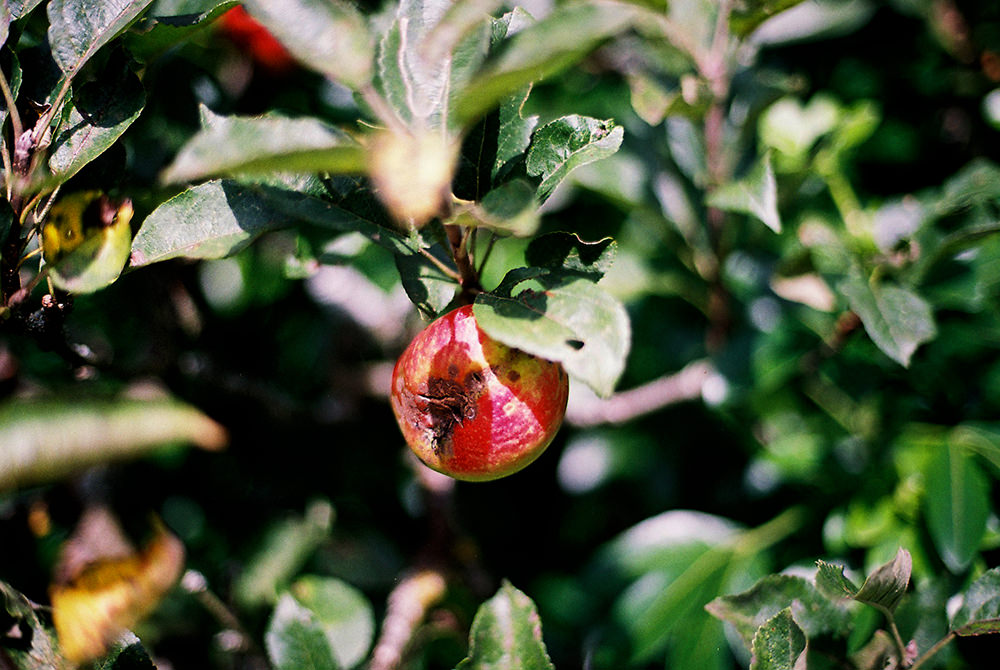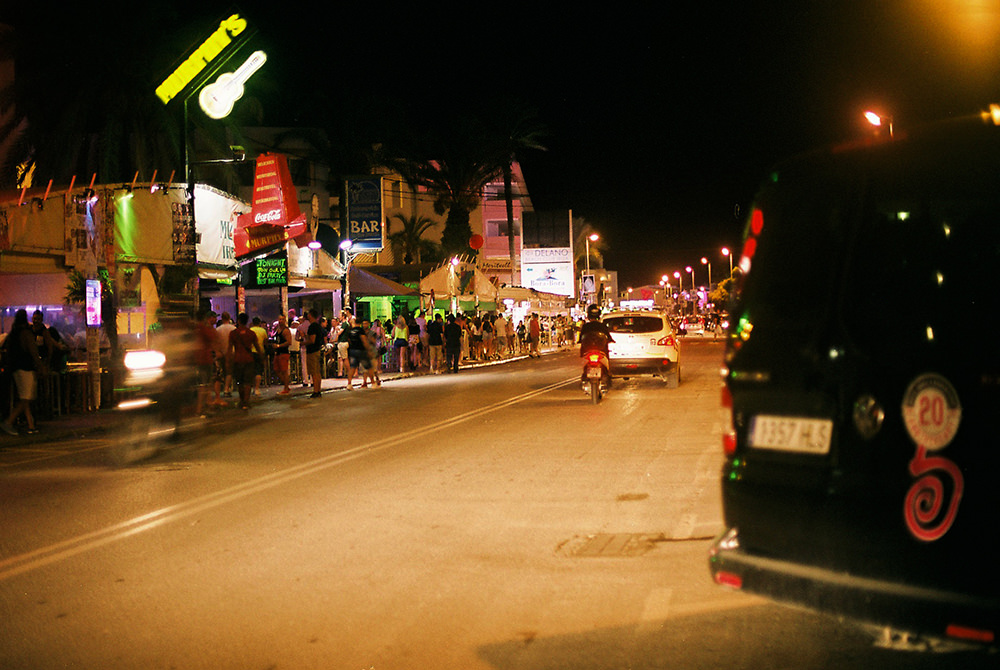Fraser Euan White
Suspended / Banned
- Messages
- 3,062
- Name
- Fraser White
- Edit My Images
- Yes
Went to the Christmas markets tonight and realised film is crap for this :-(
Try a monopod as well as pushing? I have an Arca clamp on mine and an L-bracket on the camera, and with care can shoot down to around 1/8...
I can understand this if your prime objective is to photograph but tonight mine was to enjoy the market but thought I would take a camera. I didn't want to carry anymore than just the camera and one lens and film just does not cut it in these situations.
Ended up after taking two shots forgetting the camera and using the mobile phone!



But many digital cameras (not just high end DSLRs) can now get decent images at stupid high ISO values - better than 400 film pushed to 1600 (or even 800) at 3200 or even 6400. Some even give acceptable results at 25,600 or higher and these images can be improved in PP.
If I have to visit our local commercialmas market, it'll be on a buying trip (it seems to be the easiest place to find good charcutterie!) rather than to get a few snaps.
...no camera is perfect. And I also think that any camera can be used to photograph anything, although the limitations imposed by the camera will affect how you treat the subject.
Yeah, I really don't get this. So, you know it'll be dark, you know what sort of scene you want to shoot and hence know what sort of aperture and DoF you want, you know what ISO film you have access to... and this all somehow came as a surprise on the night?!
Went to the Christmas markets tonight and realised film is crap for this :-(
It’s not though really. I follow so many accounts over on Instagram where people use film at night, handheld, no flash. The images are great.
We made many images at night before the last ten years and all would have been on film. With limitations come creativity.
Reading back through the thread, it has made me chuckle a bit. Personally, I doubt I'd be able to recreate any of the images given as examples here with a digital camera. So conversely, digital is no good for images like those super images posted by @Ste_S
Well - no good for me anyways. Not without a bit of DxO magic & more time than I'd like to spend on a computer.
For me - I shoot film *because* of the way it looks. My portrait stuff is digital because I can't focus for toffee and my Fuji delivers wonderful images that print to A3 with awe inspiring clarity. For pretty much everything else at the moment, I'd shoot film.
I'm off to see Black Star Riders next week and taking my AE-1 with some Tmax 3200. I'm sure the light will be terrible, but someone once said, "f8, 1/60 & hope". I love the work of Kevin Cummins & Pennie Smith, both of whom shot in the dark & made a career out of it (amongst many ohters!). It's all about atmosphere.
For me anyway... Did I say that?

Personally, I doubt I'd be able to recreate any of the images given as examples here with a digital camera.

One of the most sensible things I've ever heard said about gear.
So, film is crap for situations when you're not doing photography so have put no time and effort into using the appropriate film.
Dude....I could have told you that.

Hope this helps explain?
Where is @excalibur2 ‘s flash when you need it... [emoji23]



I wouldn't choose to shoot a moving subject at night with film hand-held
is that the band motley crue ? or is it just a motley crewe ??
I'd call them the ( we're all totally blind now ) anti flash protesters
....because they had to since digital wasn't around? Kevin did say he would ''choose' - that's a big difference.H'mm how did filmies manage before digi was invented
I'm off to see Black Star Riders next week and taking my AE-1 with some Tmax 3200. I'm sure the light will be terrible, but someone once said, "f8, 1/60 & hope".
